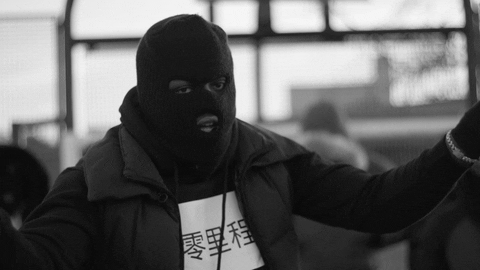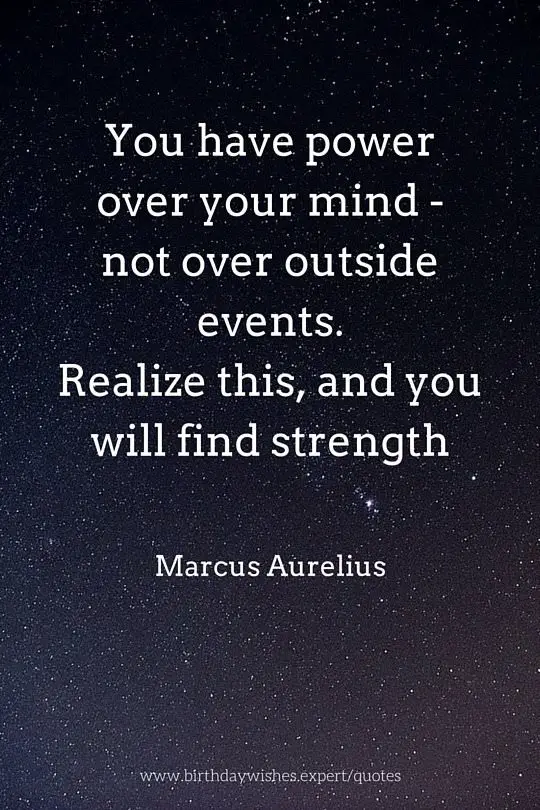I appreciate your perspective. I also wouldn't want, through the use of 'cold' logical reasoning, to inadvertently undermine the reality of what you have been through and the validity of the way in which you have coped/are coping with it. So here I will make a distinction between two things: personal resilience on the one hand; and justice on the other.
I think the case you make is one of personal resilience, and as such, it is absolutely valid. Its validity comes simply from the fact that this is the path you have chosen as the one that works for you. There is no doubt that it can move and inspire others. At the same time, though, I don't think it is sound to turn this case of personal resilience into one of prescriptive morality.
I think there are two main reasons why. The first is that what works for you may well not work for someone else. People showcase resilience in highly individual ways, as far as I can tell. A believer might find peace in faith in God, although it might be the very same God that would prescribe eternal damnation to their tormentor in the eighth circle of hell. Do I think anybody deserves eternal damnation in hell? No (well, except maybe Satan, though he could be immune to hell.) But that doesn't matter
from the perspective of the person who has been wronged, because that is how they find the source of their resilience. And there could be countless other examples as well, wildly different from each other.
The second reason is that, well, like you implied in your post, resilience is a very different kind of thing from justice. Resilience is individual, justice is not. Let me use a thought experiment to illustrate my point. Imagine that someone murders a child, and in the course of their escape, has an accident that causes them brain damage, the result of which is that they become completely incapable of any violent act. Society is safe, they will never hurt anyone again. Should they still be judged and sentenced to years in prison?
I used an extreme example, of course, but this is to highlight that when someone suffers a wrongful act, them showing great resilience over time doesn't make the act any less wrong. This stance does not in any way dehumanize the wrongdoer, by the way. On the contrary, it fully acknowledges their humanity based on the fact that it says "you are a free agent, and yet you still
chose to do wrong". It acknowledges their free will, and their ability to change in the future. But for that change to be possible, they must first be judged for what they did, and
acknowledge what they did as wrong.
Wow, that took us far beyond the realm of inappropriate humour, didn't it? But anyway, that is my take




